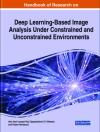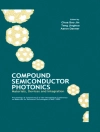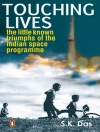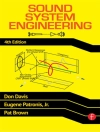This is the latest volume in the series of Springer titles on emotional engineering tracking the development of this field.
Engineering has been based on the Euclidean space approach and it was numerical data-centric. In short, our engineering up to now has been control-based, i.e., on tactics and problem solving. When we realize AI consumes 10, 000 times more energy than human brain, we understand how it is better to use 10, 000 people’s minds. But current society is industrial society. The industrial revolution introduced division of labour and we started to work for others. But the tremendous consumption of energy indicates that we need to move toward another society. If we can make the next society a self-Satisfying society (SSS) and create a new sustainable society with greater mental wellbeing then many emerging problems will be solved and we can enjoy our lives better. Emotional engineering engages with this challenge.
Tabela de Conteúdo
Move ahead toward Self-Sastisfying Society (SSS).- The Age of Ordinal Scale.- Application of Machine Learning.- Technology to Gait Analysis and Training.- Sketching Kansei Studies as a Complex Unit.- Psychologcal Impression and Real Time Kansei Trajectory of Music Listners Resulting from Differences in Piano Performance Methods.- Hackathon – ASME CIE Division (title TBD).- Cross Cultural Decision Making.- Service Production.- ative Thinking in Engneering Design.- Service Production.- Resipiratory Rehabiliation Using Art Progrram (Tentative).- Neural Dynamics involved in Creative Thinking in Engineering Design.
Sobre o autor
Professor Shuichi Fukuda edited Emotional Engineering Vols 1-9. He has many contributions to conferences proceedings. He is the former ASME CIE Division Chair, IEEE Reliability Society Vice President, President of International Society of Productivity Engineering. He has many ASME, IEEE and ISPE awards. He has worked for DARPA, NSF and been a visiting Professor at WVU. He worked for Stanford University as a consulting professor and was a visiting researcher for University of Cranfield, UK.












